It’s been another big year for the Australian startup community, and for Startup Daily.
While there is significant uncertainty around issues including the R&D Tax Incentive and the AA Bill and its effect on local tech companies, the startup ecosystem has gone from strength to strength in 2018. From new startup launches to key personnel appointments and funding announcements, there have been countless stories to tell each day and we’ve loved every minute.
As my fourth year at Startup Daily comes to a close, I’ve particularly enjoyed seeing the success of companies I first wrote about in my early days in 2015 as little fledgling things with lofty goals, the personal growth and courage of entrepreneurs and figures who have become strong advocates for the industry, and the conversation about startups develop in the mainstream (some of my friends actually know what a startup is now and not just because they heard it from me!).
On a personal note, I was thrilled to be given the Startup Journalist of the Year award at StartCon earlier this year – thank you to those who voted! More importantly, thank you to each and every one of you who keep coming back to read Startup Daily, and above all, thank you to those of you who have allowed Startup Daily to tell your story. Our team is inspired every day by the work you do and the companies you’re building.
We’ll be back better than ever in 2019. We’ve been working more closely with the team at Pinstripe Media and our sister publications Flying Solo and Kochie’s Business Builders on a number of projects to educate, inspire, and inform Australia’s startups, small businesses, and soloists and we can’t wait to share them with you.
In the meantime, we love a best of list at year’s end, so here are a few of our favourite stories from the year to tide you over until January:
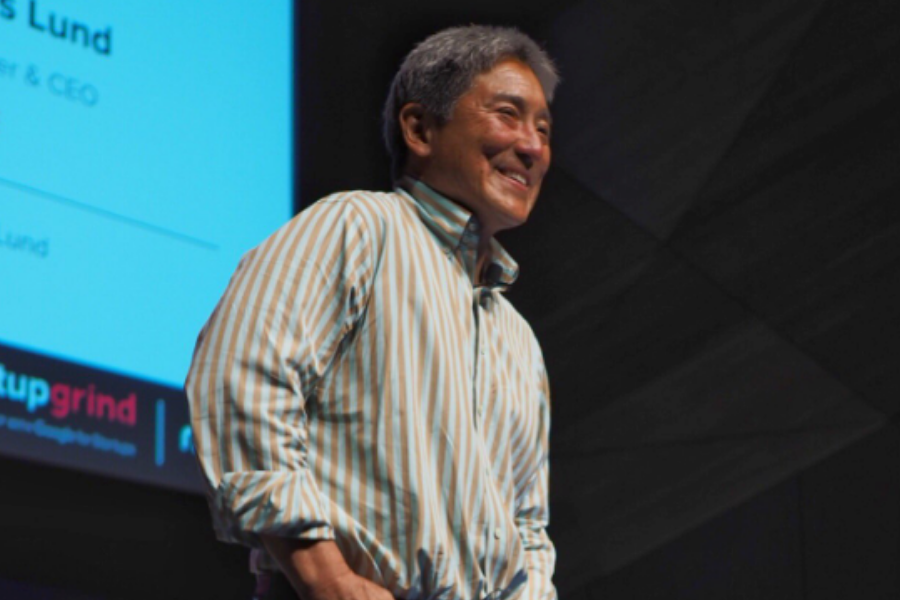 Guy Kawasaki on tech evangelism and faking it til you make it
Guy Kawasaki on tech evangelism and faking it til you make it
Guy Kawasaki loves Australia; between the gun control, the fact we don’t have to show identification to take a domestic flight, and compulsory voting, he reckons it’s a pretty good place to be.
Why product development company Wizeline went beyond Silicon Valley to find tech talent
The son of Mexican immigrants to California, Bismarck Lepe had to overcome some long-held biases when a consultant suggested his startup, Wizeline, build a development hub in the Mexican city of Guadalajara.
“It’s a funny story; my parents were migrant field workers, and they left Mexico because, in many ways, they felt about Mexico the same way that Trump’s been talking about Mexico for the last x number of years: it’s corrupt, it’s dangerous, and there’s little mobility,” Lepe admitted.
“That’s how I grew up; that’s what my parents would say. I had family in Mexico, and I’d go to Mexico, I’d go to the beaches of Mexico, but I never thought that I would invest in Mexico.”
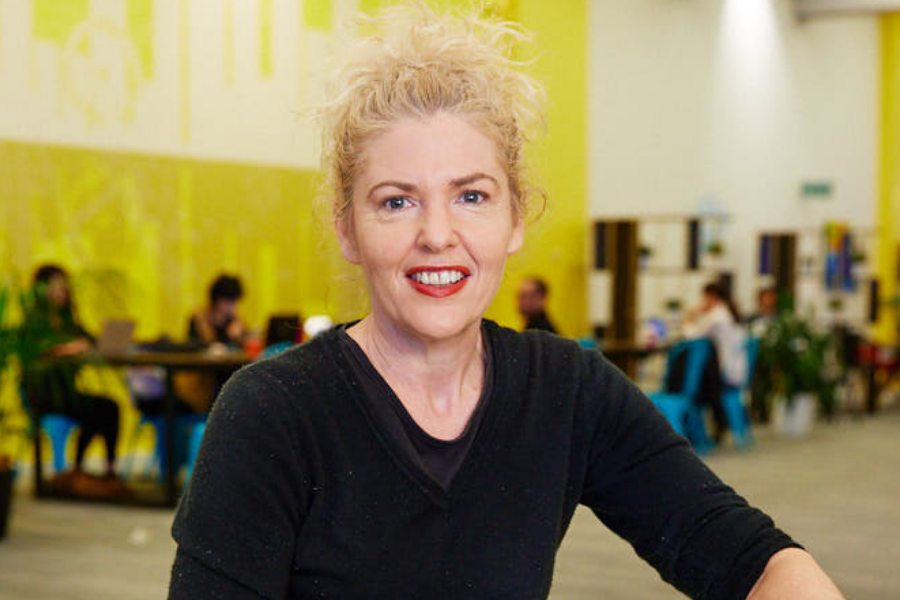 Brisbane startup Civic Ledger wants to use blockchain to fix government processes
Brisbane startup Civic Ledger wants to use blockchain to fix government processes
Like many founders working on a blockchain startup, Civic Ledger cofounder and CEO Katrina Donaghy has a well-rehearsed explanation of what blockchain is and how it works at the ready for when someone inevitably asks.
“Let’s say Grandma’s getting a present from Uncle Tom on Christmas Day, and everyone has to witness it and verify that Uncle Tom gave Grandma a tea towel,” she said.
“That’s then recorded somewhere where everyone can then see it, perhaps printed and stuck on the fridge. Then, next Christmas you come back and check to see what Grandma got last year, and you can see that the record hasn’t been tampered with, that someone hasn’t tried to say that Grandma actually got a pillowcase.”
Be the change you want to see in your business: how Xero approaches diversity and inclusion
Diversity is being invited to the party, inclusion is being asked to dance.
It’s with this note from Verna Myers in mind that Bindy Edelman approaches her role as global head of diversity and inclusion at cloud accounting software company Xero.
It comes after years working in this space and seeing attitudes evolve. Edelman started her career as an employment lawyer working with discrimination law; here she worked with people on the protected attributes set out in legislation, such as race, gender, disability, pregnancy, and religion.
How Bumble approached growth and shedding the stigma around dating apps in Australia
“Be the CEO your parents always wanted you to marry.”
It’s perhaps not a message one would expect to find on viral Instagram posts and prominent billboards advertising a dating app, but it’s the message Bumble went with – and what attracted Michelle Battersby to the role of Australian country lead for the business despite the fact she is in a long-term relationship and had, therefore, never had a need to use the app.
How Brisbane’s Movus went from selling a PowerPoint to international expansion
Brisbane startup Movus today welcomed Queensland Minister for Innovation, Kate Jones to officially open its new office, but the startup was defined by what it didn’t have rather than what it did when its journey began in January 2015.
“We started with a concept, went in to see a business with a PowerPoint, and sold the PowerPoint,” explained cofounder and CEO Brad Parsons.
“Then we had to build the product.”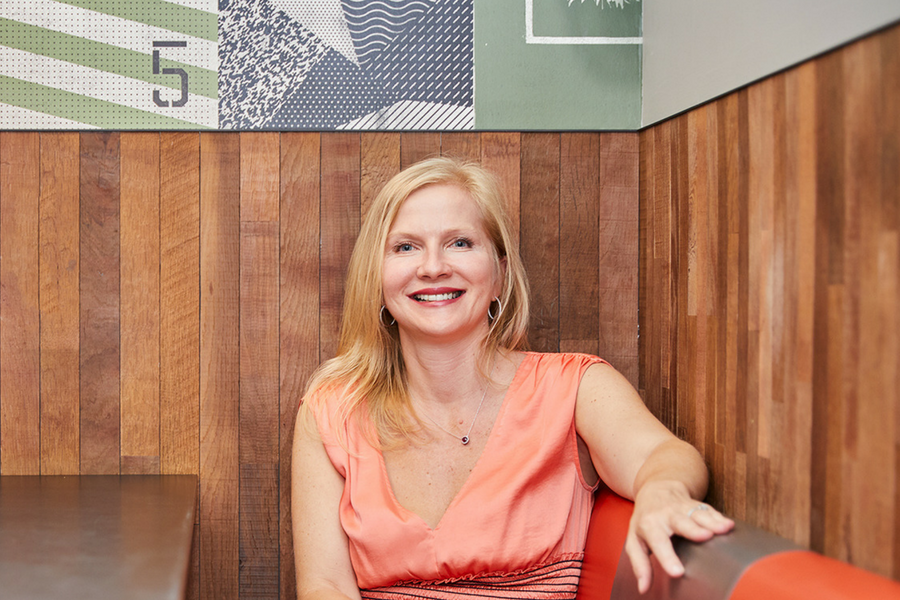
Pymetrics is using neuroscience-based games to remove bias from the recruitment process
“In a time where Netflix can give you personalised movie recommendations, Spotify can give you personalised music recommendations, Amazon personalised product recommendations, why could nobody understand our individual traits and give us personalised recommendations for our most important decision – what to do with our careers?”
From opening a bank account to enrolling a child in school or applying for a job, even the tasks that one might consider relatively simple – if time-consuming and finicky – can be made difficult for those who aren’t proficient in English.
Having arrived in Australia from Vietnam as a three year old in 1978, Laura Dang knows this all too well.
“When my family and I first arrived, my grandmother was the only one in our family who could hold a pen. When you have this family that can’t read or write their first language, and then ask them to learn English, it’s not that easy,” Dang explained.
“As a child going through the school system I ended up being the one to fill out forms, uploading details and reading letters for my family. So, my own personal experience certainly impacted the way I looked at the problem that everyone faces.”
Tekuma has created a drone controller that can be used with one hand
As McClelland explained it, current controllers are “fragile, confusing, and haven’t actually changed very much in the 80 years since they were invented”. It takes months to learn how to use them, and it’s usually a two person job; for example, one person to control the drone itself and another to control the drone’s camera.
How a Master’s thesis turned into the Sydney Startup Hub’s creativetech space The Studio
As any business mentor worth their salt will say, it’s not about the idea, it’s about the execution.
It would have been easy for Chantal Abouchar to present her Master’s thesis, which examined global accelerators focused on startups in the entertainment industry and presented four models for a potential Australian effort, and decide it was too hard to actually execute.
The drive to find a way to fix this problem, Savage said, didn’t come through “one of those crazy lightbulb moments you see in the movies where you see the inventors jump out of bed in the middle of the night and start frantically scribbling down their visions – sorry to disappoint”.
Rather, she said, her light bulb moments are more “a mindset or a mental fixation” that she can’t shake.
“When I see a problem or someone shares a problem they are experiencing with me there is a little voice in my head that has already made its mind up and says ‘I’m going to fix that’,” she said.
Victorian startup Medtasker aims to streamline communication and task management for hospital staff
The idea came to Dr Yap after he received a pager message while on shift one night that simply read: “Hi Andrew, just letting you know bed 23’s blood pressure is low. Johnny.”
“The problem is, I didn’t know who the patient was (there was no name of the patient), where in the hospital they were (there’s about 15 bed 23s in the hospital), when they needed to be seen (because blood pressure for a 19 year old female is different to a 90 year old man) and how to get further information (there was no call back number),” Dr Yap explained.
“I was dealing with a sick patient and I didn’t have the information to even find the patient in the hospital, let alone prioritise the job. The patient ended up going to ICU with a severe chest infection. I was pretty distraught afterwards because there was something I may have been able to do to have prevented her deterioration.”
The app evolved out of a practice Hart had begun undertaking back in 2004, an SMS check in system to ensure her friends touched base at least once each day after she saw the high number of suicides and levels of suicidal ideation, or suicidal thoughts, among friendship groups.
“If they did not check in, it meant we would activate our suicide action plan – go to their home, call the police, etcetera; prevention was always the goal,” Hart explained.
“I addressed topics about the importance of fit and spending within their budget, and highlighted key styles, showing them how to look for key details when it came to a pant or shirt design…it comes down to communicating comfortably with them and being honest in my opinions and style tips.” she said.
“Many of the guys spend so much time in the startup space that they don’t know where to go to find out about the fashion options.”
Podcasts
Prefer to listen? No worries, we had some ripper podcasts this year too – here are a few of our favourites:
A veteran of the tech industry, Ann Moffatt has long been ahead of her time, starting her career in IT in 1959 as a programmer for Kodak in the UK. We had a chat with Ann about her career in tech and why she’s still passionate about getting others into it.
Emily Rich is the managing director of Microsoft for Startups in Australia and partner at M8 Ventures. We talked to Emily about getting into tech, her journey as a founder, and why she’s stayed in startup land to help other founders.
Ruth Hatherley is the founder and CEO of Moneycatcha, a regtech startup providing a real-time blockchain solution for regulatory and compliance reporting. After growing up on a farm, Ruth spent her career at Commonwealth Bank and Mortgage Choice in Western Australia before coming up with Moneycatcha and deciding to go all in on the startup, leaving all the corporate benefits and investing her life savings to make it happen.
We had a chat with Sarah Moran, cofounder and CEO of Girl Geek Academy, an organisation which works to encourage girls and women into tech. The organisation runs various initiatives, from workshops to hackathons, and works with teachers, schools, corporates and startups to increase the number of women with professional technical and entrepreneurial skills. We talked about the organisation’s work and in particular its partnership with National Australia Bank, where Sarah spent a year as a Girl Geek in Residence.
We have a chat REA Group’s chief inventor Nigel Dalton about the lessons he learned about disruption while working at Lonely Planet, where he said the company ignored the rise of the internet and “convinced ourselves out of jobs”, what innovation looks like at a 23 year old startup that’s now an ASX-listed giant worth billions, and why REA Group can’t just rely on the clicks coming to realestate.com.au and needs to keep reinventing itself.
We had a chat to Hein Vogel, the managing director of the Emerging Companies division at Investec, an “entrepreneurial-focused” investment bank. The bank is global, founded and headquartered in South Africa, but its emerging companies division was founded in Australia two years ago to look at developing the Investec’s startup investment arm and strategy.
Want more? You can find every episode of Startup meet Corporate here and each episode of Glass Ceiling here, or by searching on Spotify, Apple Podcasts, and Stitcher.
That’s it from us for 2018! If you have any thoughts, comments, or stories to share, you can always shoot me an email at gina [at] pinstripemedia.com.au.
In the meantime, have a happy and safe festive break!
Featured Image: City of Melbourne/That Startup Show/Photographer Wren Steiner











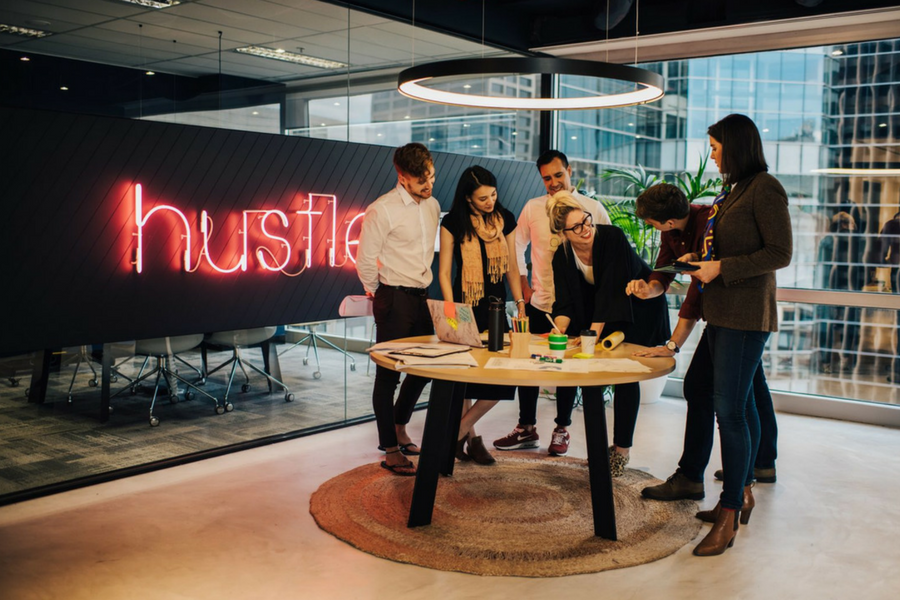
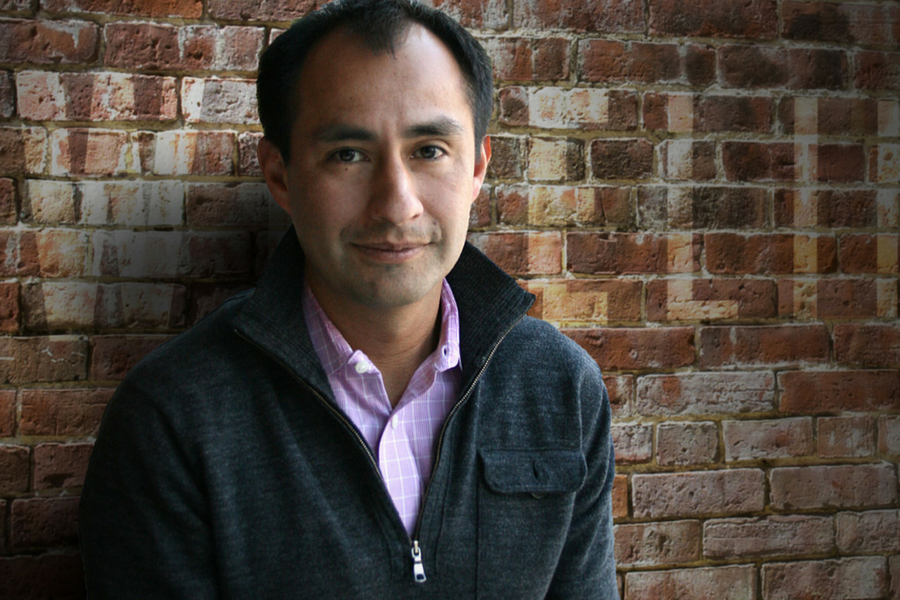
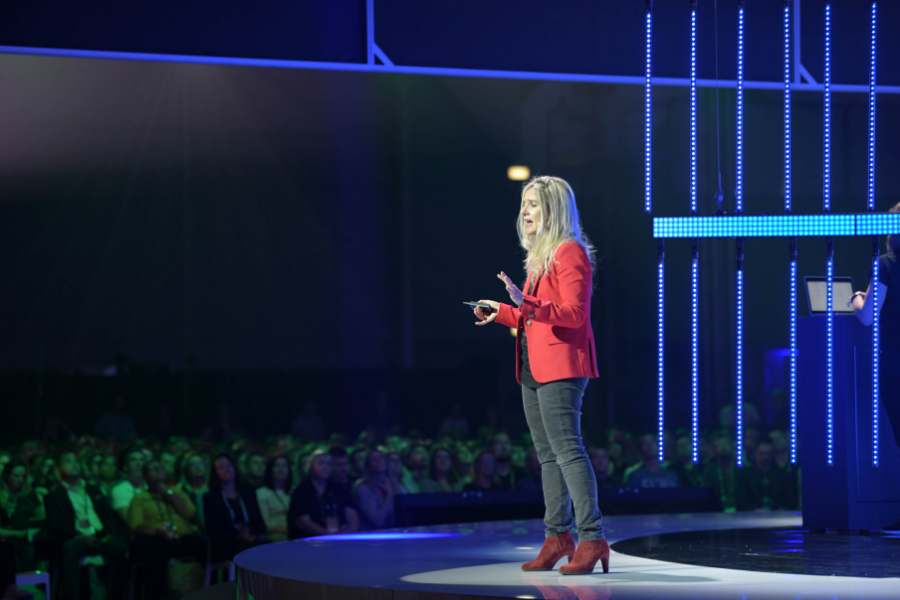
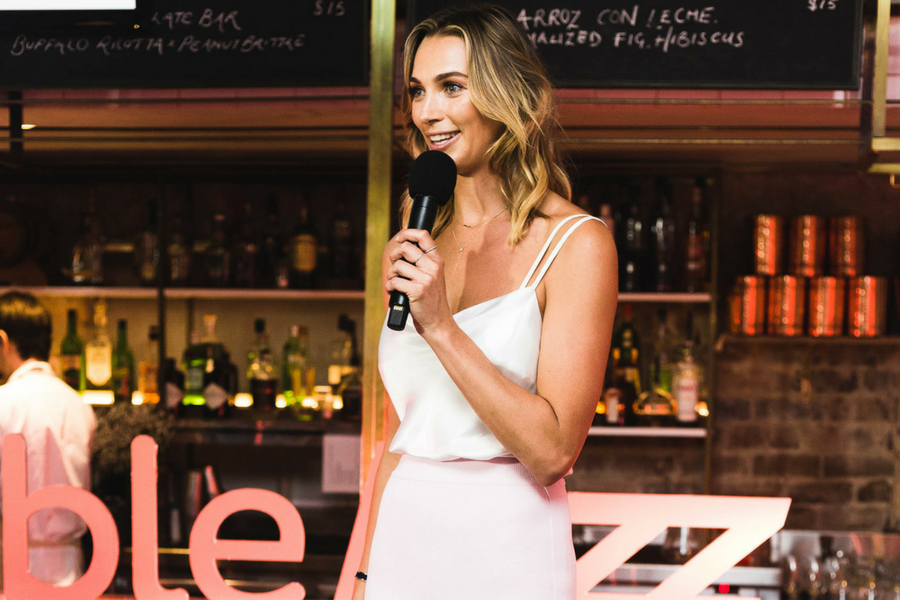
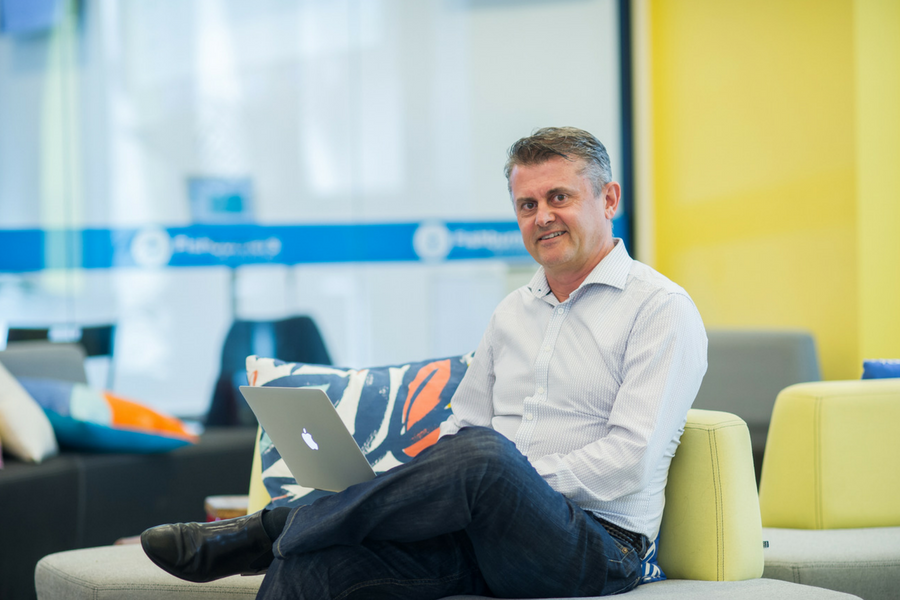

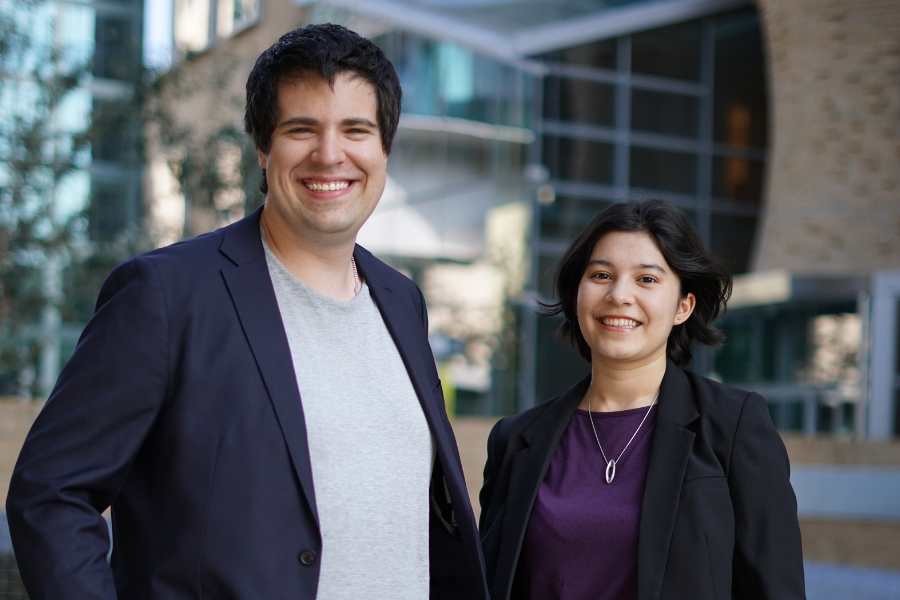
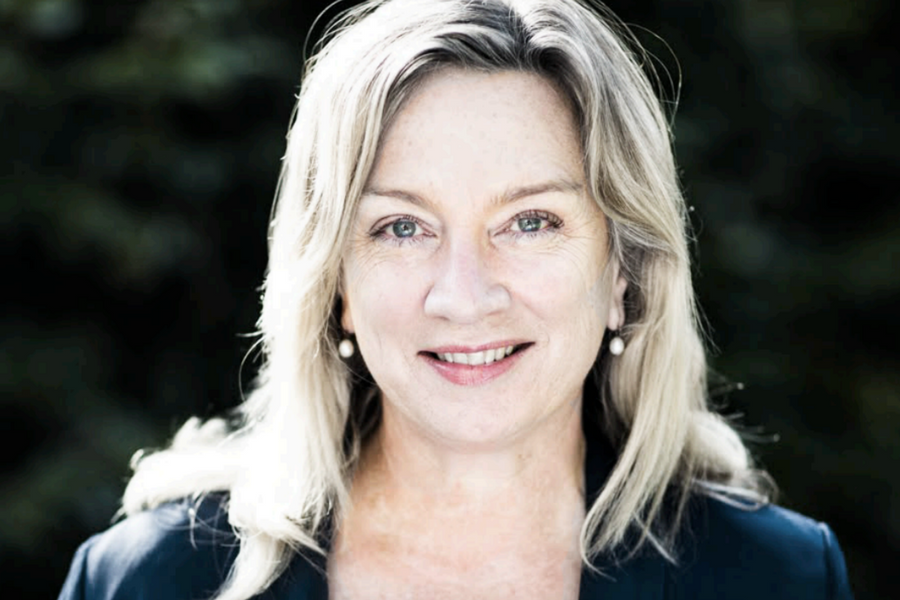
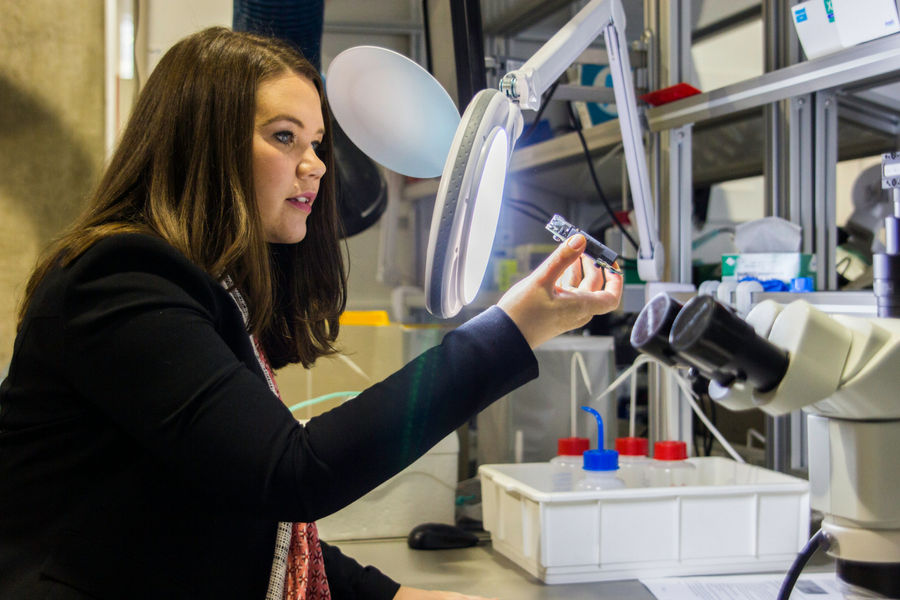
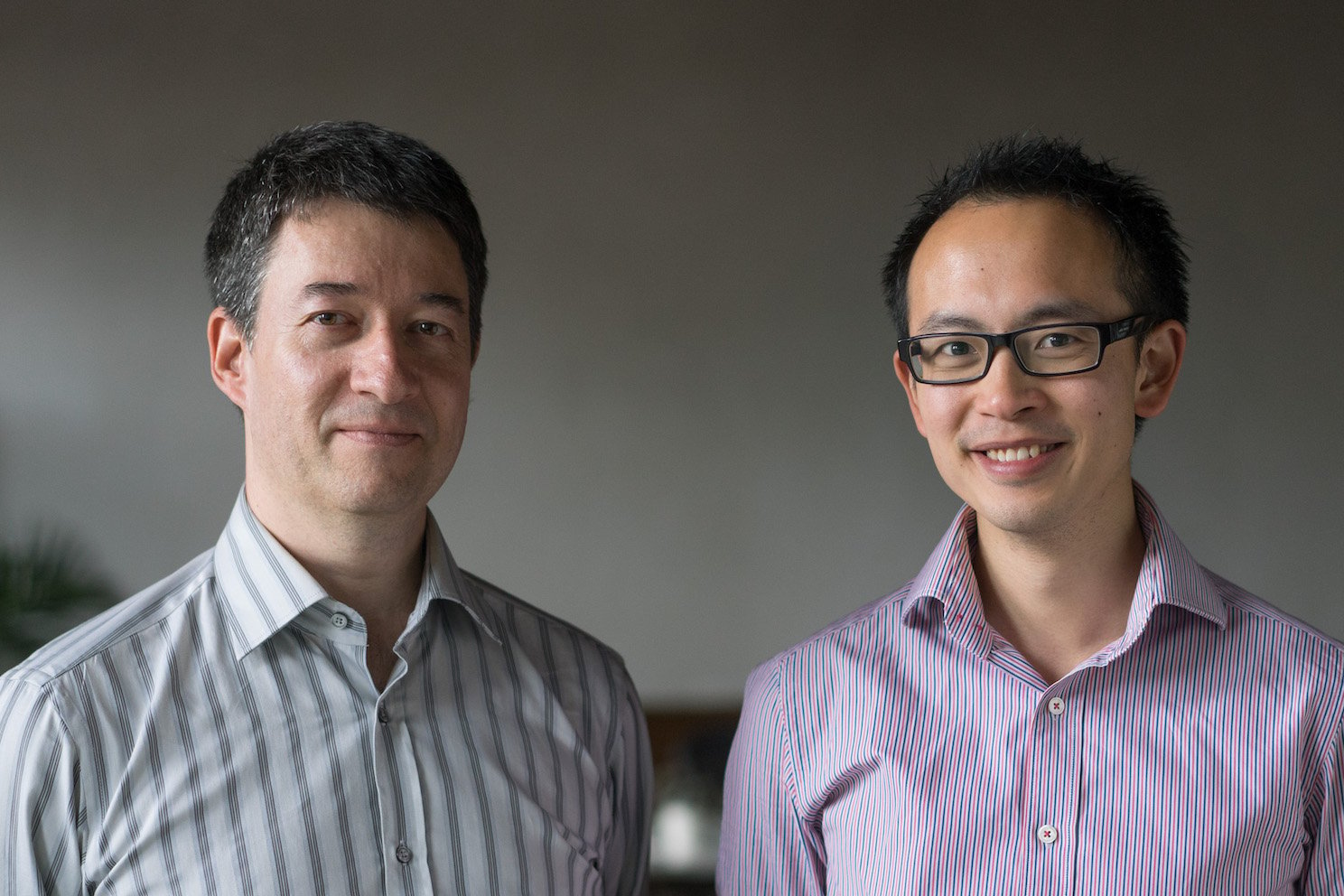
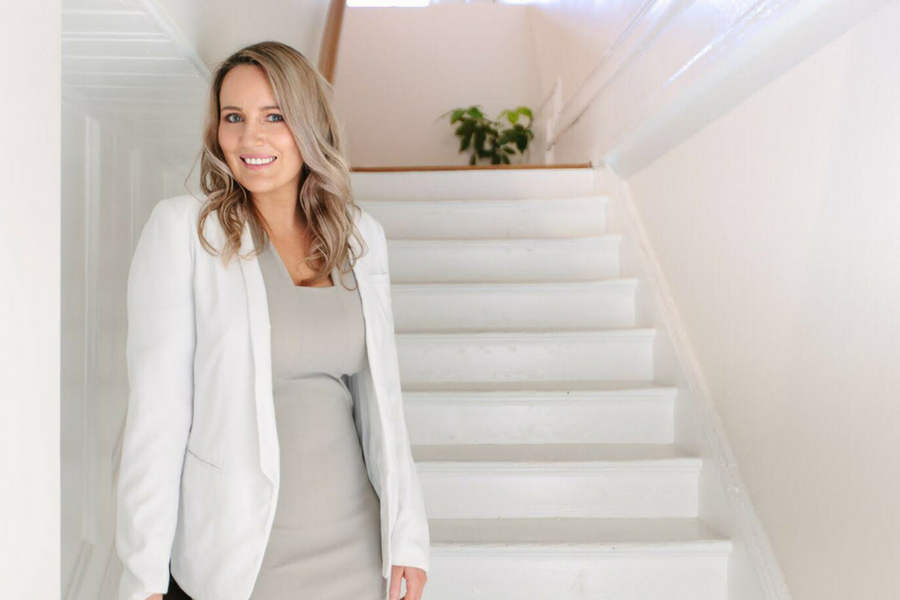
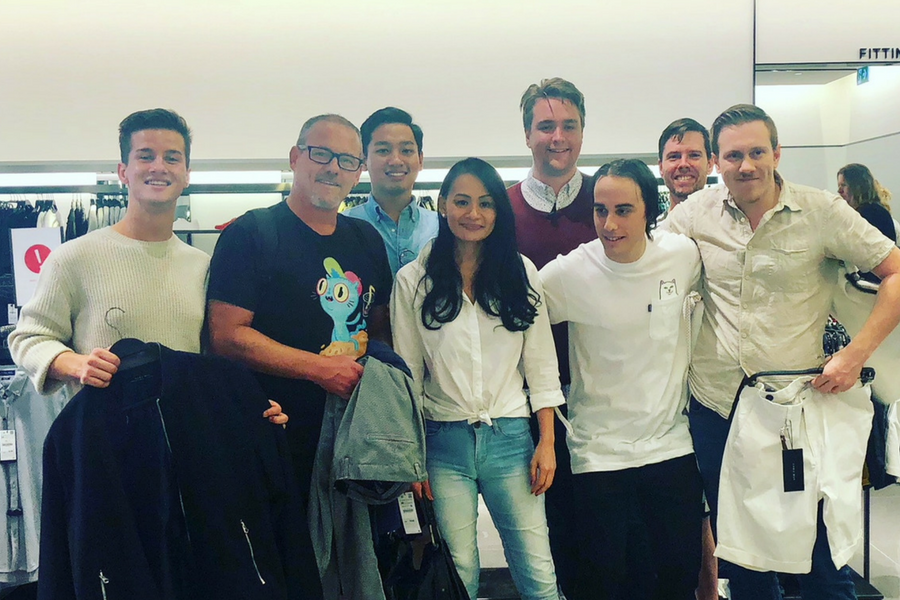








Trending
Daily startup news and insights, delivered to your inbox.